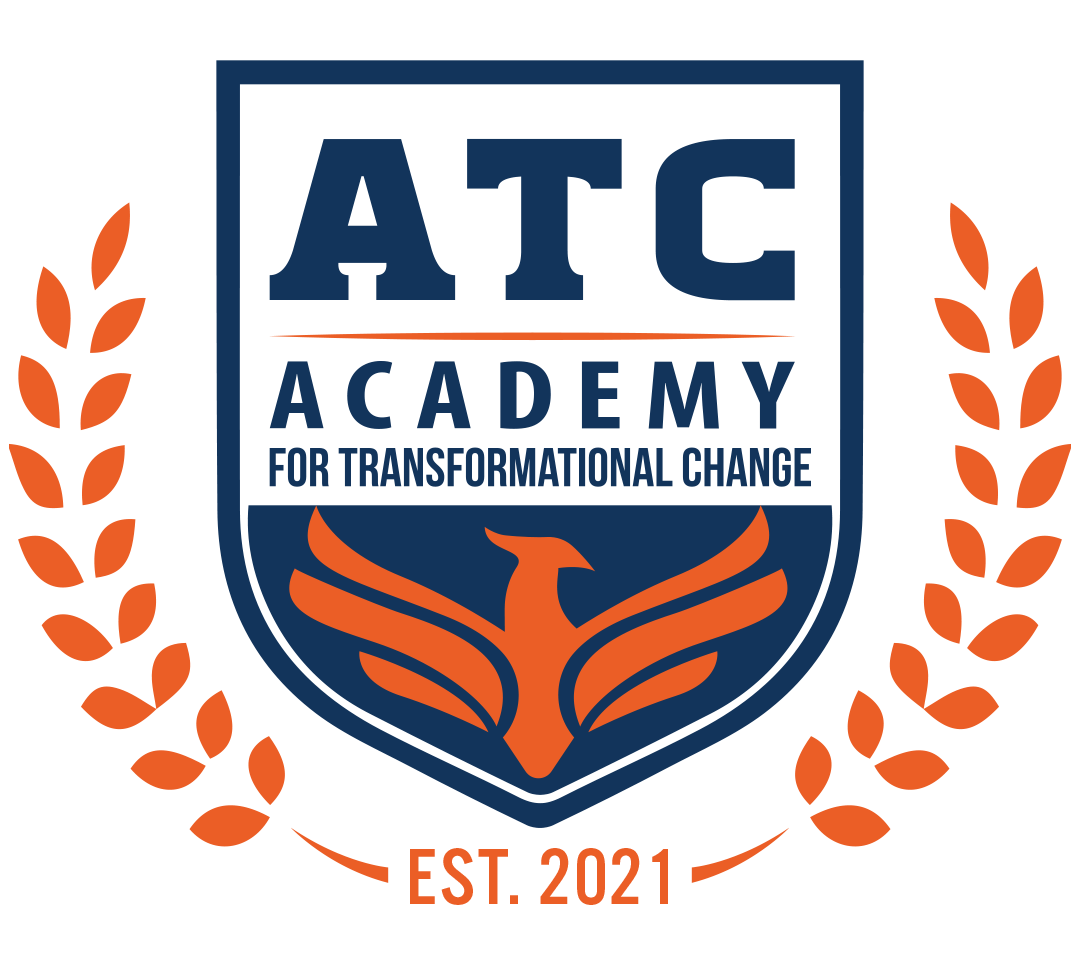SAFETY
The Academy for Transformational Change (ATC) specializes in supporting violence prevention and juvenile justice initiatives.
ATC specializes in working with front line staff and the managers who supervise them, with a specialty on training staff who share similar lived experiences with the individuals and families they serve. Our training is conducted to maximize the transfer of learning through activities, role-plays, and real-life scenarios as well as research and field testing. We prepare your staff to be the change agents of tomorrow.

Dan Bradley
Principal Consultant
Dan Bradley focuses on ensuring that ATC delivers custom, impactful safety protocol development and training to organizations, companies, and agencies. He brings over 15 years of experience working with governments and regions to prepare for, protect against, and respond to natural disasters and major incidents. Dan previously served as the Director of Emergency Management for the City of Philadelphia where he led homeland security programs, worked to reduce disaster impacts on vulnerable populations, and delivered recovery assistance.
As a security consultant, Dan has collaborated across the country assisting communities to prepare plans, training programs, and drills to address terrorist attacks and active shooters. His management background includes support to cities addressing crises including homelessness, opioid epidemics, and COVID-19.
Dan holds a master’s degree in Homeland Defense and Security from the Naval Postgraduate School and a bachelor’s degree in Architecture from the New Jersey Institute of Technology.
As a security consultant, Dan has collaborated across the country assisting communities to prepare plans, training programs, and drills to address terrorist attacks and active shooters. His management background includes support to cities addressing crises including homelessness, opioid epidemics, and COVID-19.
Dan holds a master’s degree in Homeland Defense and Security from the Naval Postgraduate School and a bachelor’s degree in Architecture from the New Jersey Institute of Technology.
Safety
ATC builds staff and managers' intellectual & mental conditioning: what they need to know about themselves and how their characteristics and behaviors play a role in personal safety and professional success. We train staff and managers on planning safe community contacts: analyzing, evaluating, and managing risks before during, and after a home or community contact. We reinforce personal awareness: identifying “Internal Factors” such as, personal commitment to safety, personal bias awareness, vulnerabilities, crisis rehearsal. In addition to “External Factors,” such as, job expectations, policy restrictions and the physical environment in which work is performed.
